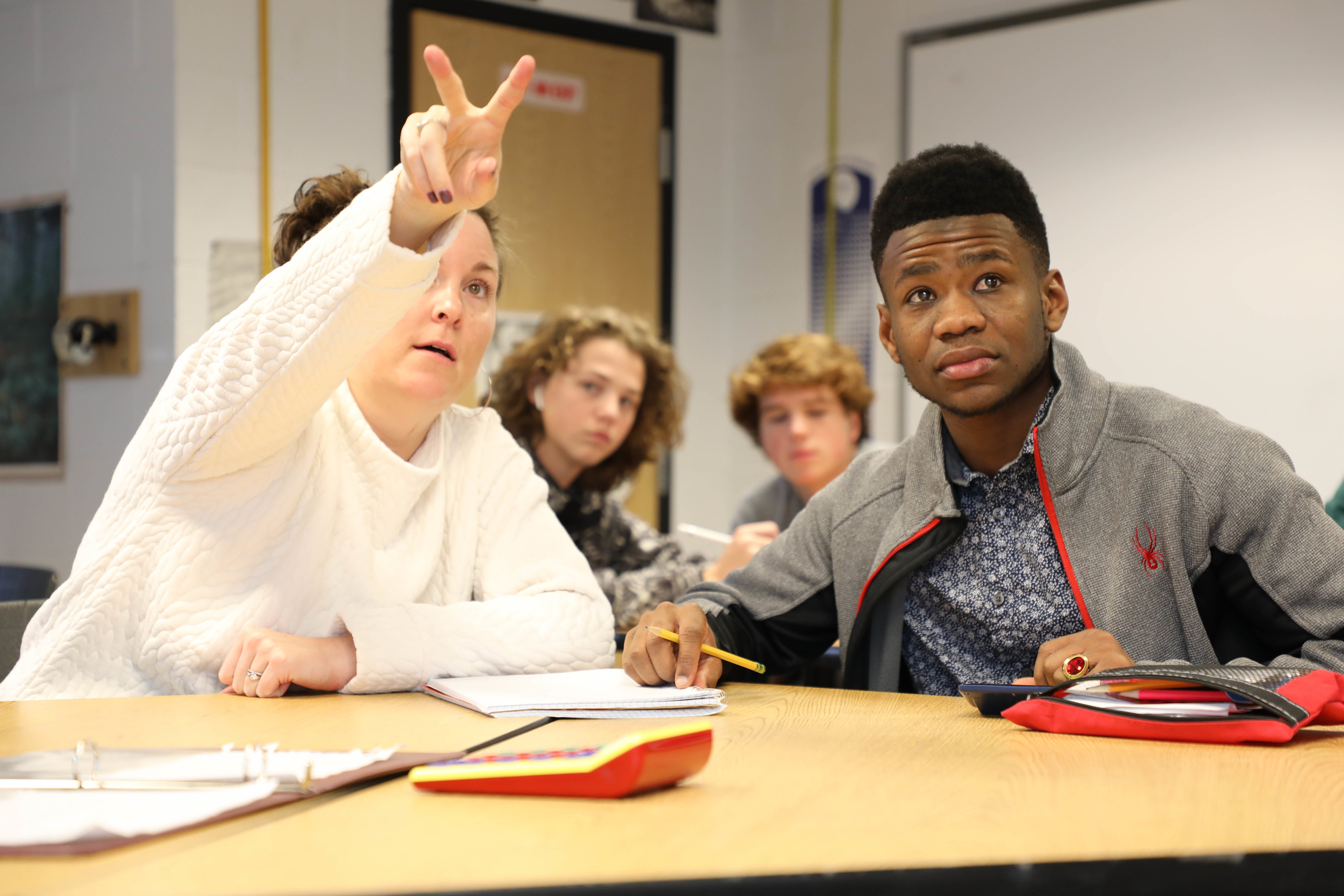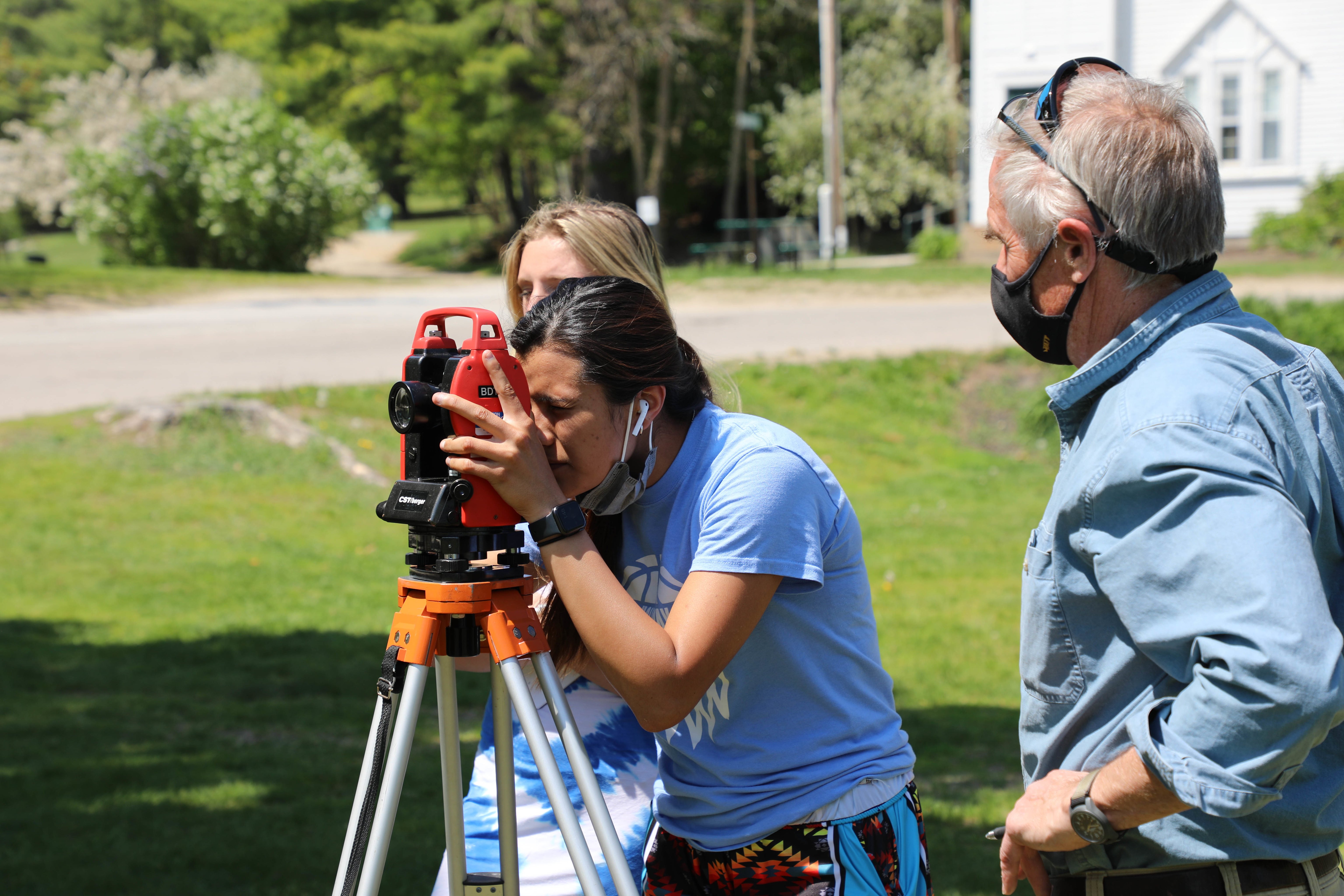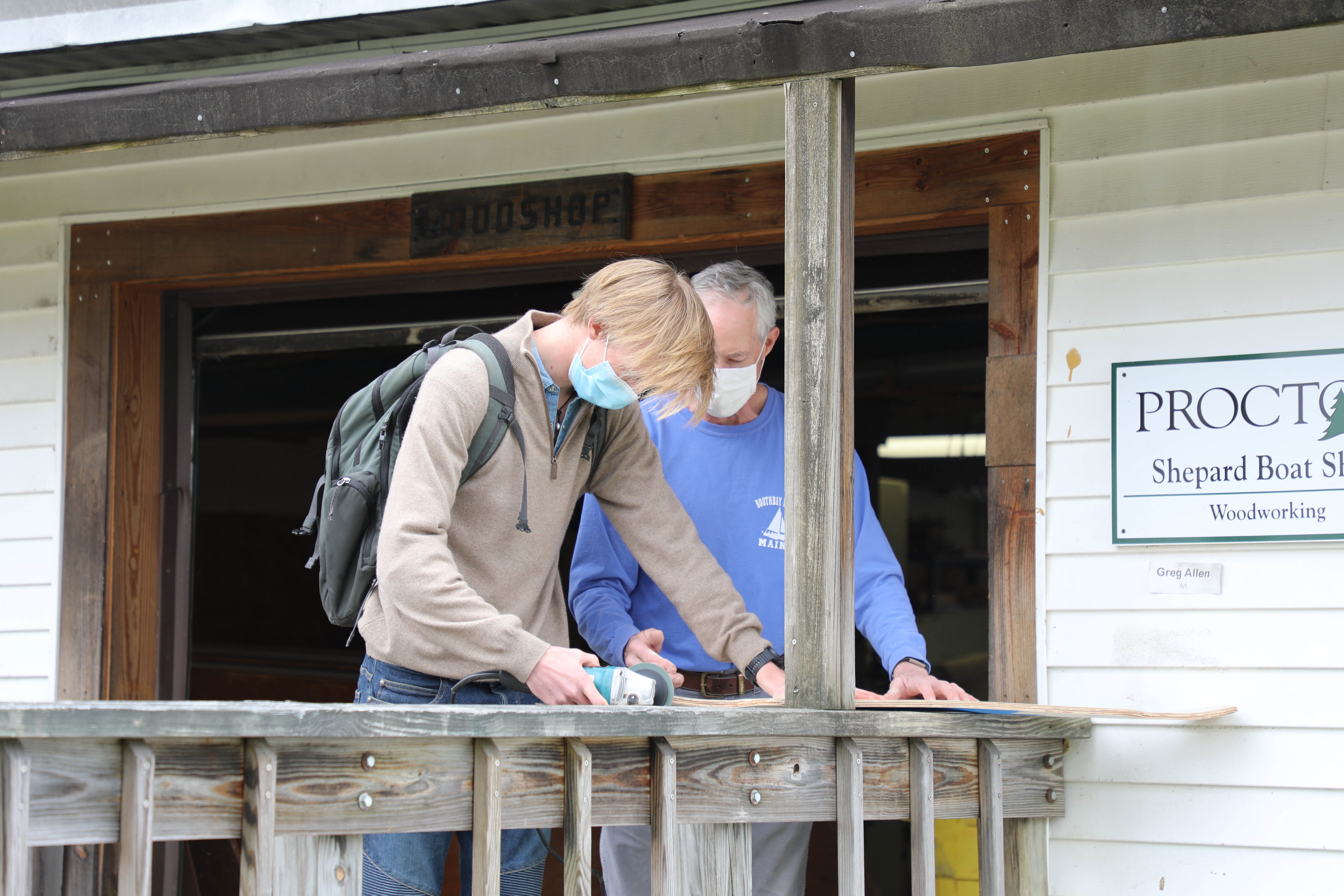Understanding ourselves is the first step to understanding how to do your best work. As adults, we are cognizant of the environment needed for us to be our best: level of ideal structure, types of colleagues who complement us best, independence, clear guidance. We learn this overtime, throughout different professional experiences. But what about our students? How do we help them understand the conditions needed for them to do their best work, and are we providing an environment in which they can thrive as self-aware, curious, inquisitive, self-advocating learners?

Julie Lythcott-Hames shares her thoughts on the role parents play in helping their children thrive in her book, Raising an Adult. Lythcott-Hames implores readers to rethink their role as both parents and teachers, acknowledging that parental over-involvement in their children’s lives stems from the best of intentions; desperately wanting to help their children succeed and fearing the outcome if they do not engage directly with every step of their child’s educational development, advocating and ensuring their child has the best possible chance to find ‘success’. Lythcott-Hames’ research has shown that this tendency to over-parent has long-term negative impacts on our children’s mental and physical well-being, undermining our original goals of making their lives ‘better’.

As we think more and more about how to provide an environment that allows our children to grow and develop the skills necessary to handle all that adult-hood brings with it, we recognize a cultural shift away from over-parenting is necessary. Lythcott-Hames notes, “If over parenting means we steal independence from our children, then we shouldn’t do it...We treat our kids like bonsai trees. We prune and clip and shape to make sure they are just right for college admissions. But this sacrifices their long term ability to grow. They no longer have time to play freely. There is no room in the afternoons. Kids emerge from childhood as a perfect replica of an adult without the ability to function as one.”

My wife and I find ourselves in this societal trap of over-parenting, questioning whether we are adequately supporting our three children as they navigate life. Are we depriving them of future success by not signing them up for the U9 travel soccer team? Are we hand holding them through their homework each night because they need our support or because we need to feel valued? As parents, we all feel good about the short-term successes that result from our involvement in our children’s lives because it validates our efficacy as parents. But is this really what our kids need? Or do they really need us to provide experiences that naturally develop confidence, self-advocacy skills, and a sense of adventure - attributes that will likely serve them well throughout their entire lives.

During the admission process, parents understandably ask why Proctor is the right choice for their family. Some want to know about specific outcomes, like college placement lists, as tangible measures of “success”. We hesitate to share our college matriculation information with parents because that list is not where Proctor’s value lies. Instead, we teach students how to be independent, self advocates who understand themselves as learners, are willing to engage meaningfully in their communities, and, oh by the way, when they have this skill set, they happen to do quite well in whatever post-Proctor college or professional endeavor they choose.

Self-advocacy skills are not quantitative in nature, and may not show up on a student’s report card or college application. But because Proctor’s model requires risking failure (a word we have all come to fear for our children's sake), students explore new passions and challenge themselves in powerful ways. We believe that when students are failure-deprived they become risk-deprived, and consequently experience-deprived. Proctor’s gift to each family is that we seek to provide students with the time, space, freedom, experiences, and skills necessary to figure out who they are; not who we want them to be. It is in this space that we believe they will do their best work.








